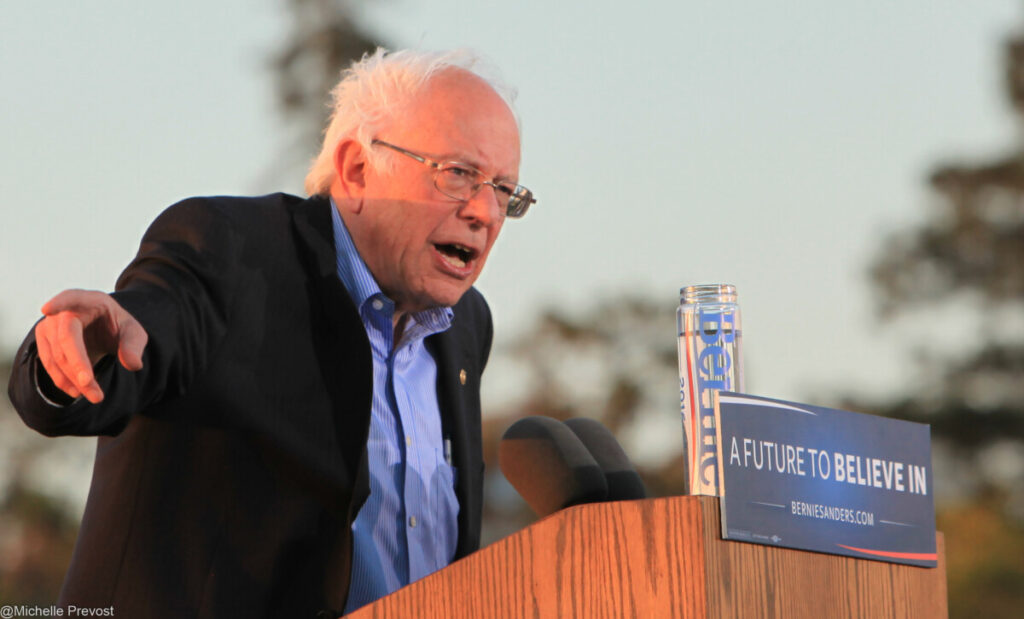In the ever-evolving landscape of American politics, various figures emerge, leaving indelible marks on the public consciousness. Popularity isn’t merely about the ability to lead; it’s also about resonance and relatability. Here we explore the most well-regarded politicians based on a percentage of positive opinions they evoke among the populace. It’s a captivating look into who currently captures the hearts and minds of Americans.
1. Jimmy Carter
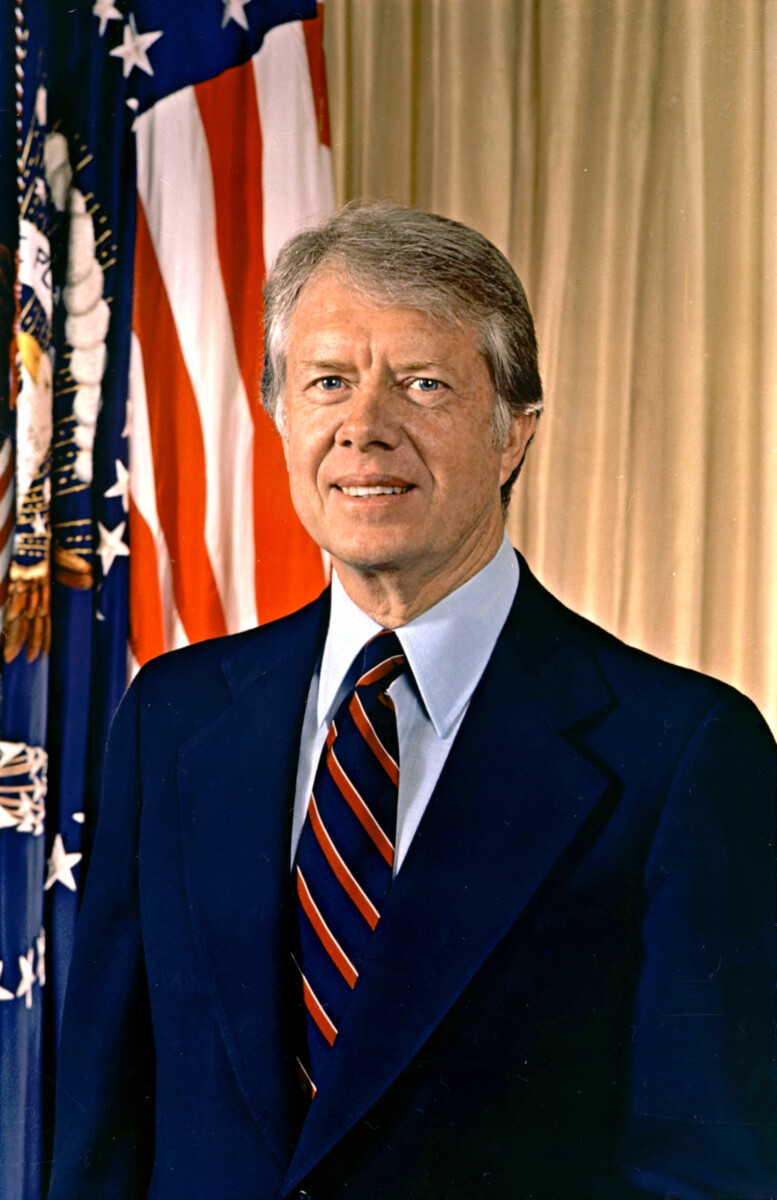
Jimmy Carter, the 39th President of the United States, serves as a poignant example of high regard among Americans. With 96% fame and 61% popularity, Carter’s legacy goes beyond politics. Known for his humanitarian efforts and commitment to promoting global peace, Carter has become a symbol of integrity and compassion. Despite having served during a tumultuous period in American history, he managed to earn the affection of many post-presidency. His dedication to causes such as Habitat for Humanity has further solidified his cherished status. Simple acts of service have often resonated louder than political rhetoric, pivoting Carter as a beloved figure.
2. Arnold Schwarzenegger

Arnold Schwarzenegger defies conventional political pathways with his transition from a Hollywood icon to the Governor of California. Recognized by 97% of people and maintaining a 59% popularity, Schwarzenegger’s multifaceted career offers a rare blend of entertainment and political tenacity. Known for his charismatic persona and the catchphrase “I’ll be back,” he became an influential state leader who championed environmental issues. His unique background allowed him to reach diverse audiences, connecting with both movie fans and political constituents alike. Schwarzenegger’s ability to bridge glamour and governance is a testament to his enduring appeal.
3. Barack Obama
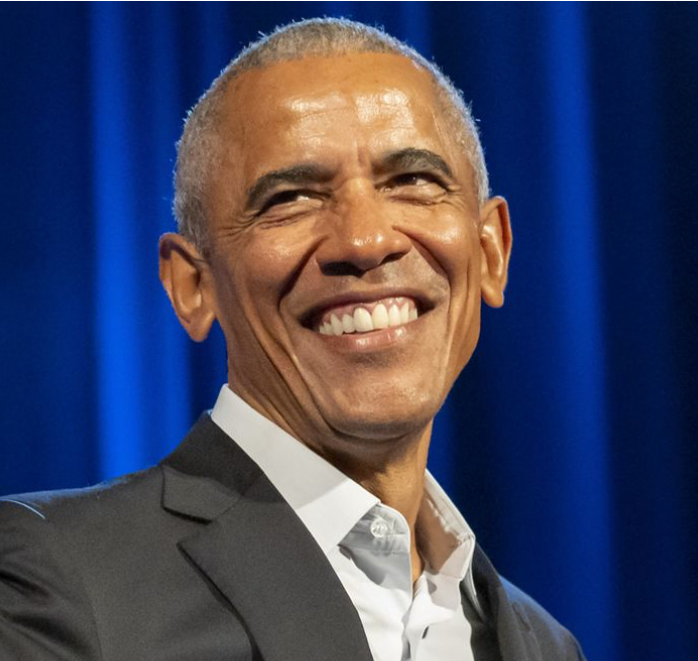
Few contemporary politicians have cultivated as distinct a legacy as Barack Obama. Famous among 98% of respondents with a corresponding 59% approval, Obama remains a crucial figure in modern history. His presidency not only brought forth significant policy changes but also inspired a message of hope and progress. Speeches laced with poetic eloquence drew vibrant support and emotion from many, making Obama not just a politician but a cultural movement in himself. As America’s first African American president, his journey serves as a beacon of possibility and transformation that continues to inspire.
4. Kamala Harris
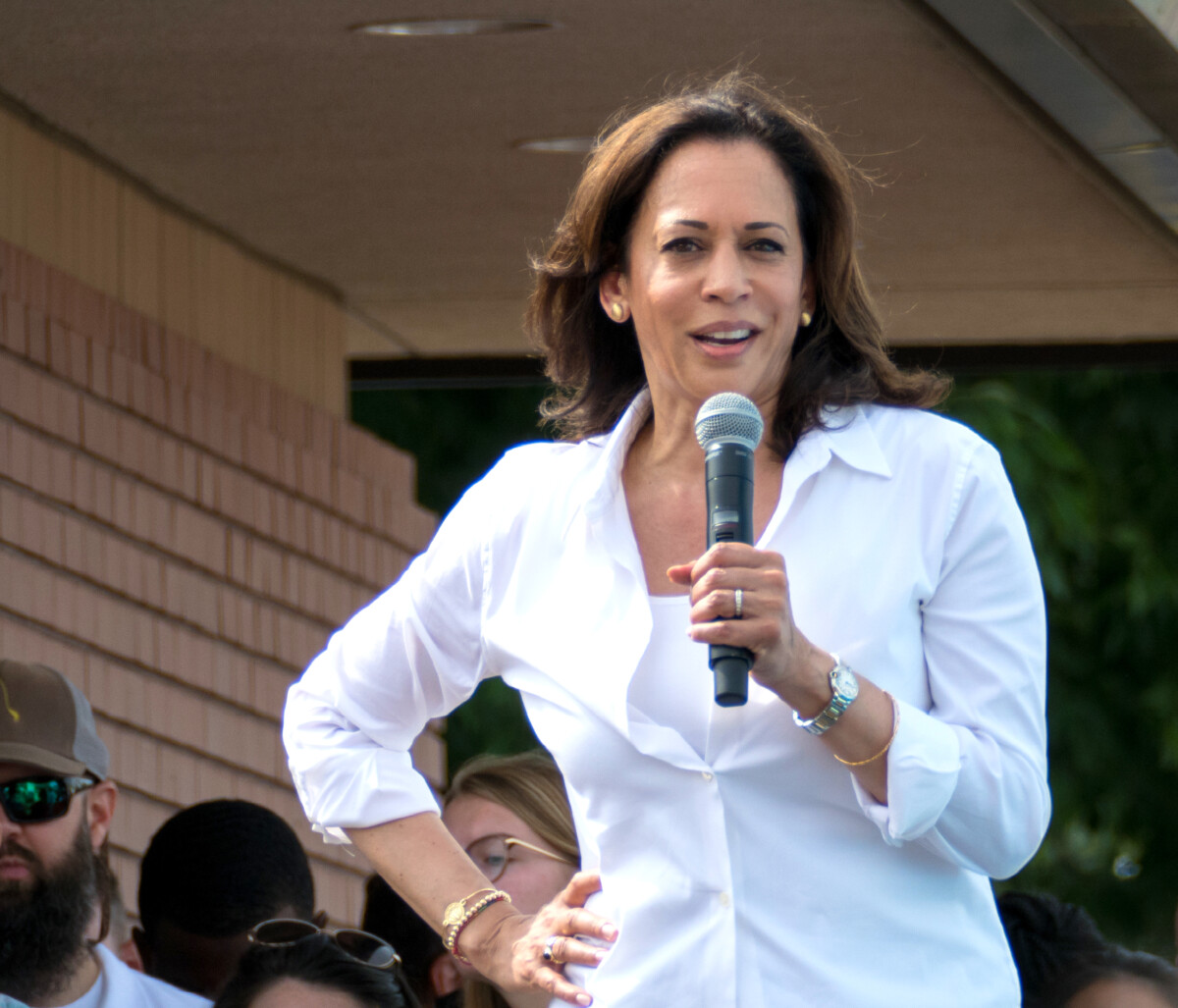
Kamala Harris stands as a historic figure due to her vice presidency and her indelible mark on American politics. Holding a 97% recognition with 54% popularity, Harris, as the first female vice president and the first of African and Asian descent, represents a confluence of progress. Her prosecutorial background and subsequent political roles reflect her firm stance on justice and reform. Her presence influences both policy and social dynamics in the United States, inspiring a new generation of leaders. Harris’s story underscores the potential within multicultural narratives and leadership paradigms that embrace diversity.
5. Bernie Sanders
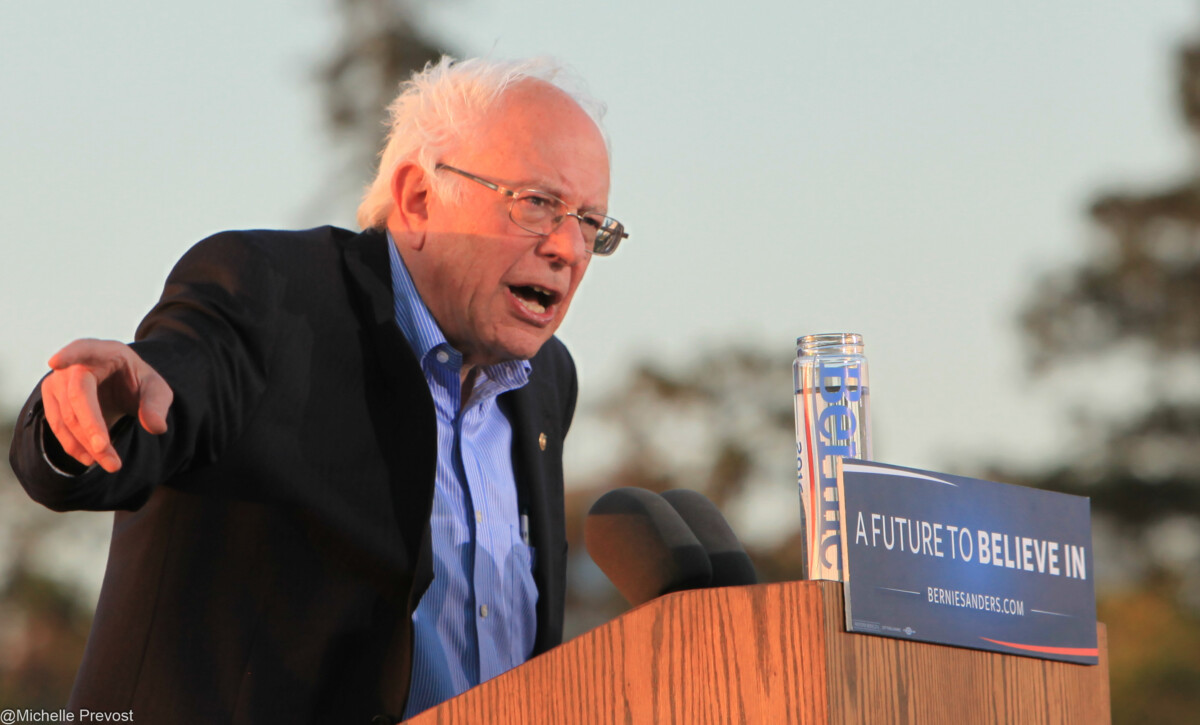 Bernie Sanders (image credits: Wikimedia)
Bernie Sanders (image credits: Wikimedia)Bernie Sanders, recognized by 93% with a 49% popularity rating, has redefined political conversations in the U.S. through his passionate advocacy for progressive policies. Recognized for his distinctive stance and powerful speeches advocating economic equality, Sanders struck a chord with working-class citizens and millennials. Often challenging the status quo, his perspective on universal healthcare and wealth redistribution have resonated with those seeking substantial societal change. Sanders’ grassroots appeal underscores the importance of addressing systemic issues and making political processes more accessible.
6. Hillary Clinton
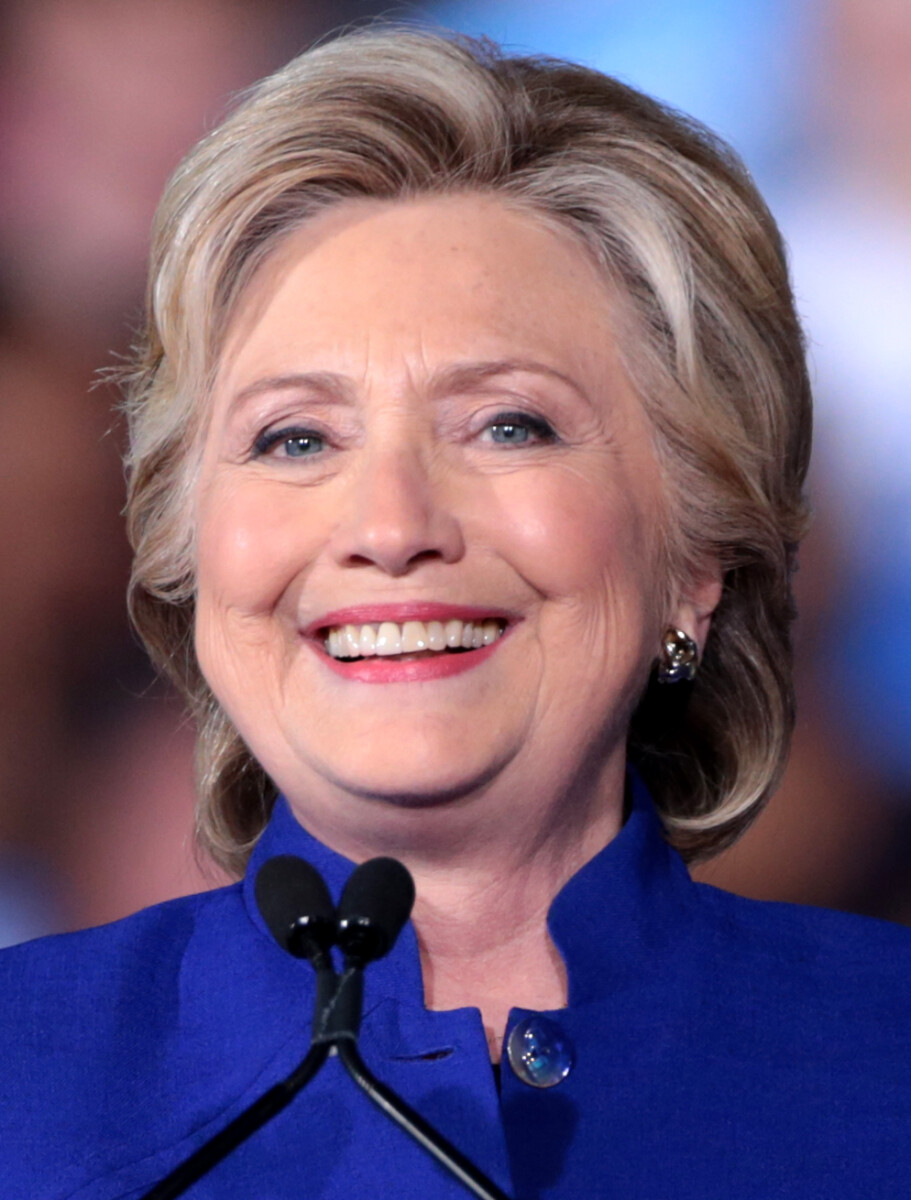
Hillary Clinton’s political journey is marked by both triumph and trials, earning her 97% fame with a 46% popularity rating. As a former Secretary of State, U.S. Senator, and First Lady, her breadth of experience is undeniable. Clinton’s presidential candidacy further highlighted her ability to inspire dialogue on gender equality and global diplomacy. Despite facing challenges, she continues to hold sway over an extensive demographic who respect her resilience. Her story highlights the complexities women face in political arenas, further cementing her as a pivotal figure in American political history.
7. Bill Clinton
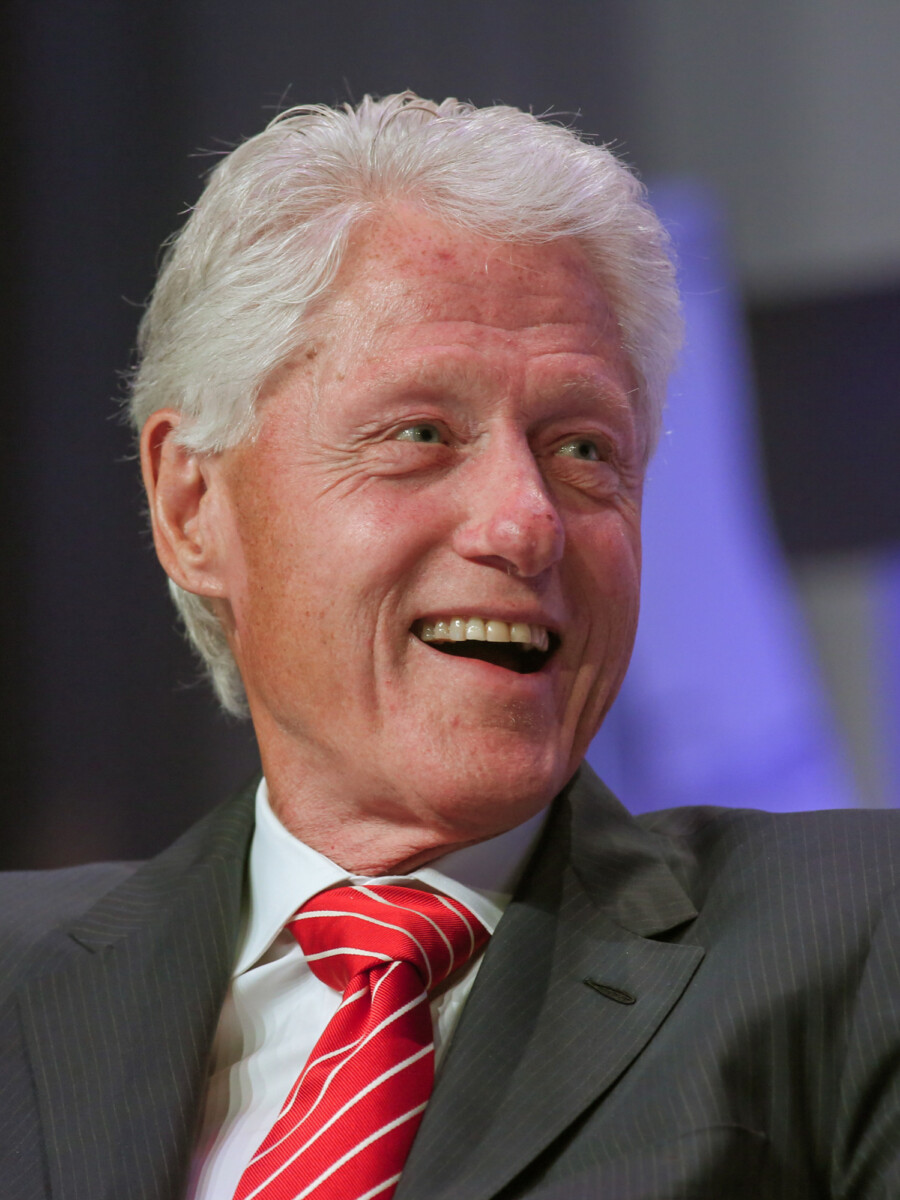
Bill Clinton, the 42nd President of the U.S., garners 96% recognition with a 45% popularity score, illustrating his lasting presence in the public’s eye. Clinton’s presidency is remembered for its economic prosperity and efforts in balancing the federal budget. Despite controversies, he remains a respected political figure partly due to his adept communication skills and charisma. Listeners often found themselves captivated by his ability to connect on a personal level. Clinton’s career exemplifies the resilience of enduring popularity, even amidst scandals.
8. Elizabeth Warren
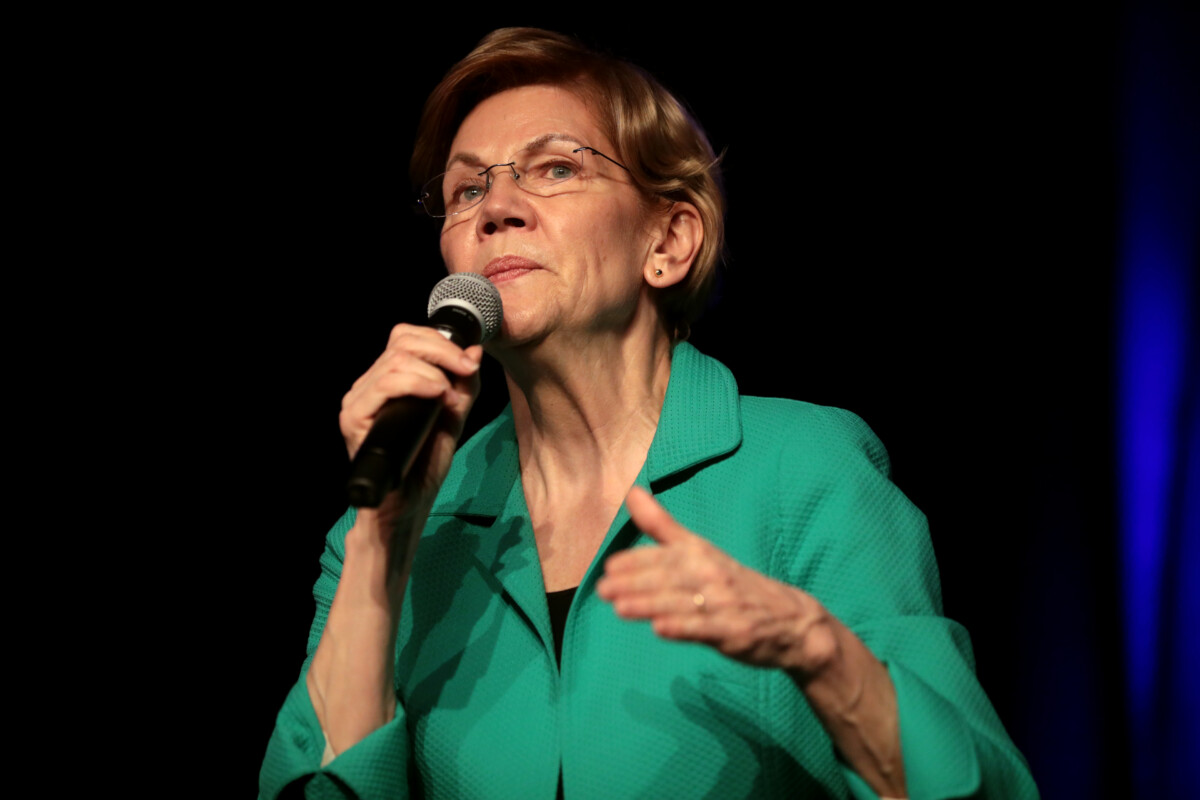
Elizabeth Warren, with 84% fame and a 44% popularity, captures the hearts of many Americans through her advocacy for consumer protection and economic fairness. Known for her meticulous policy-making and academic background, Warren strives for the restructuring of financial systems. Her efforts to hold large corporations accountable and empower the average citizen resonate with those pursuing equity in economic landscapes. Her determined and unwavering voice against economic imbalance underscores a profound dedication to justice and reform, and her tangible impact is felt across demographics.
9. Joe Biden
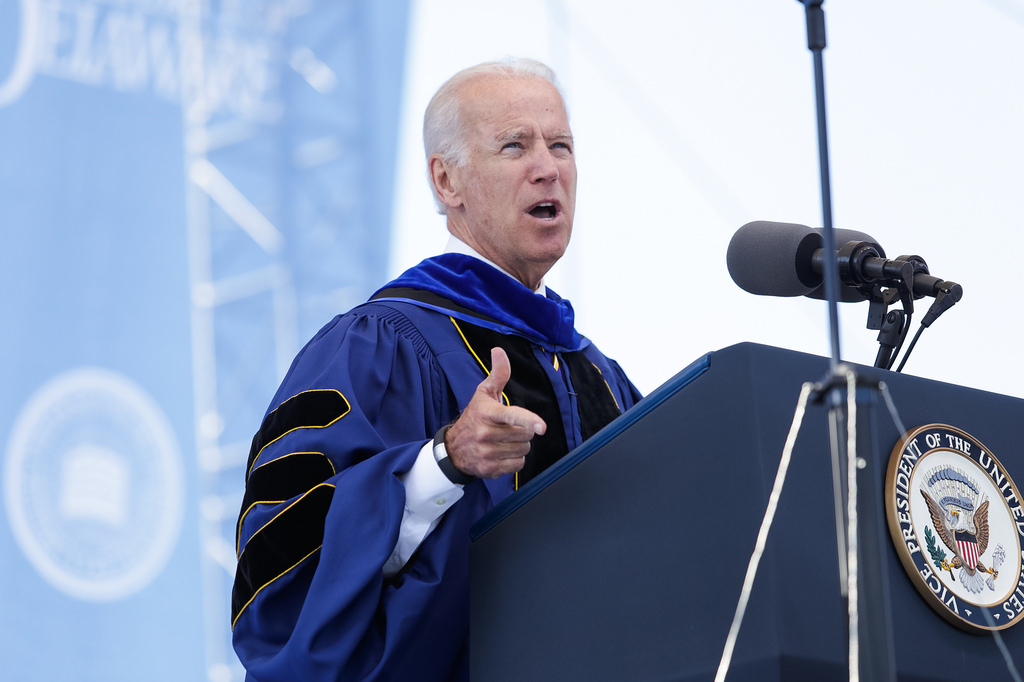
Joe Biden, recognized by 97% with a 44% popularity score, offers a compelling presence as the current President of the United States. Known for his extensive political career and empathetic approach, Biden has devoted himself to addressing issues such as climate change, healthcare, and racial inequality. His policies mainly advocate unity and restoration amidst turbulent political climates. Biden’s leadership aims to mend fractures and revitalize American spirits with a compassionate and collaborative approach, reflecting a genuine understanding of collective needs.
10. Nancy Pelosi
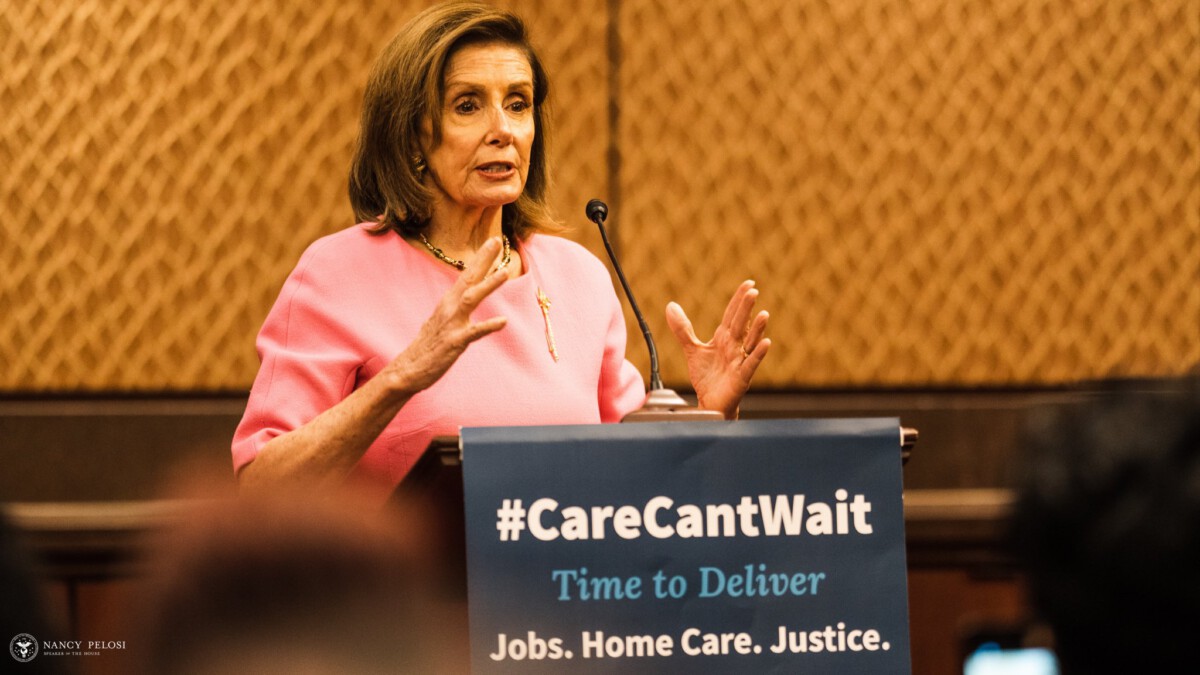
Nancy Pelosi, earning a 93% fame rating with 43% popularity, remains a prominent figure in American political history. As the Speaker of the House, Pelosi’s aptitude for navigating complex legislative terrains is widely recognized. As a powerful woman in politics, she encapsulates strength and tenacity, consistently championing policies aligned with social justice. Her leadership mirrors the empowerment of women and the relentless pursuit of progress, energizing hopeful future civic leaders. Pelosi’s influence resonates through her persistence in confronting challenges head-on.
11. Alexandria Ocasio-Cortez
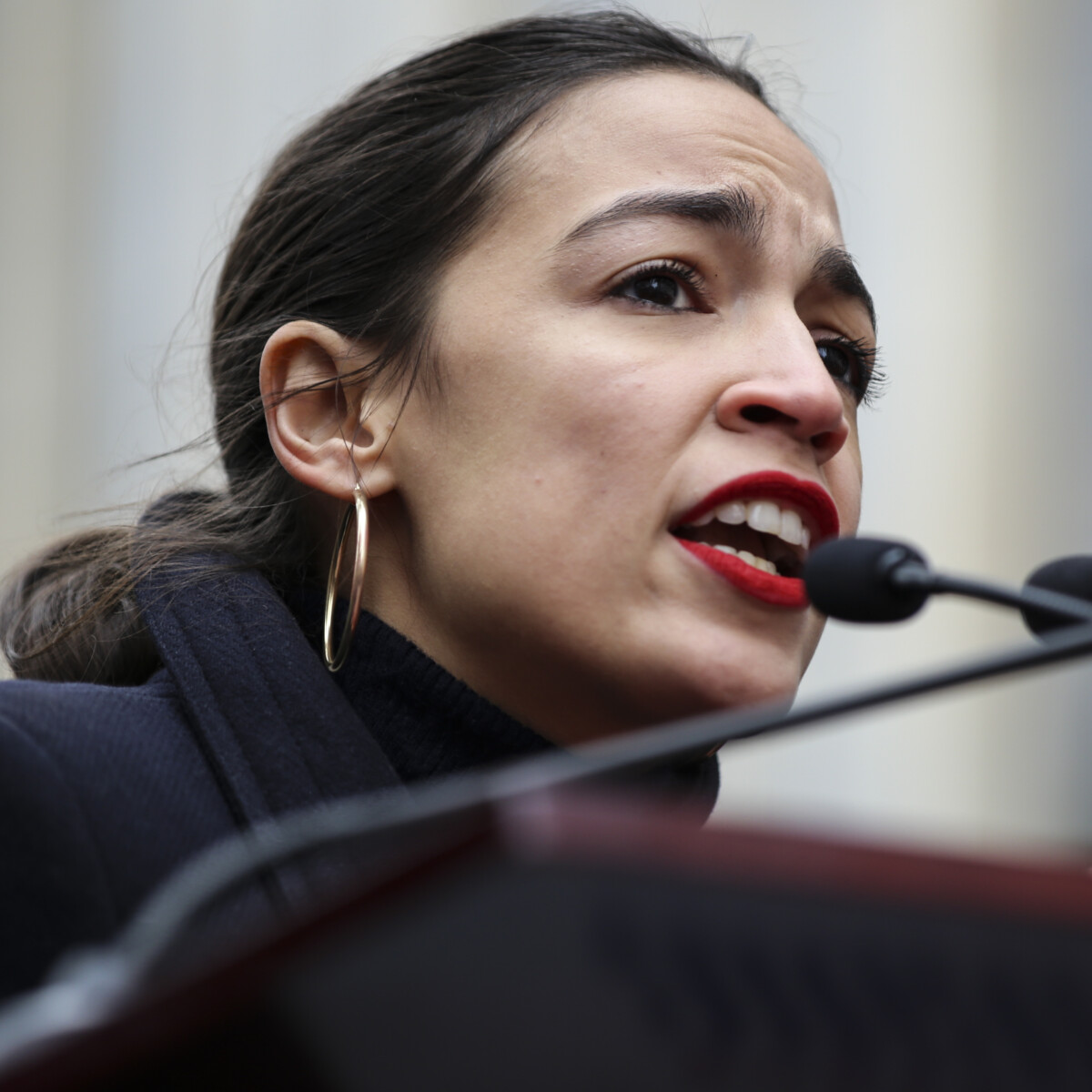
At the heart of modern progressivism is Alexandria Ocasio-Cortez, known to 82% with a 42% popularity rating. With a fresh voice advocating for profound change, she represents a new generation of leadership prioritizing climate reform, economic justice, and racial equality. Ocasio-Cortez’s engagement on social media and direct communication styles set her apart, sparking important dialogues across varied platforms. Her presence emphasizes the vitality of youthful perspectives in revitalizing democratic principles and mobilizing diverse communities in pursuit of equality.
12. Donald Trump
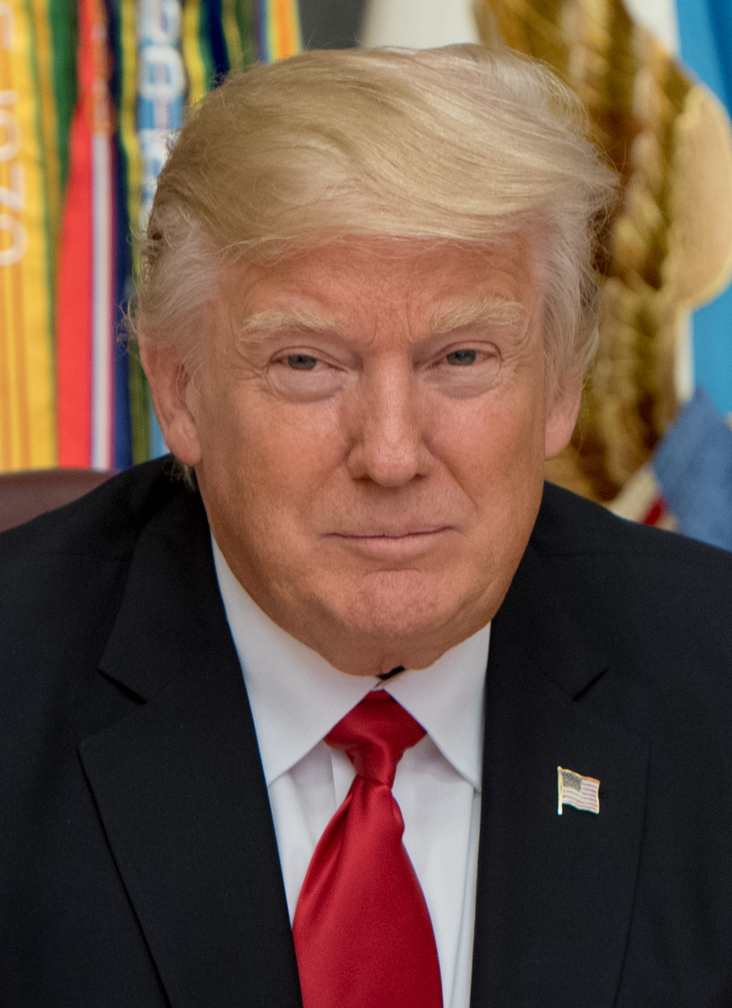
Donald Trump, endorsed by 98% with a 42% popularity rating, redefined American political conversations through his distinct rhetoric and policies. As the 45th President, Trump’s unconventional approach resonated strongly within specific demographics, creating both fervent support and robust opposition. Known for his emphasis on nationalism and economic strategies, Trump’s impact remains significant. His era underscored polarized politics, with enduring discussions on American identity and governance that continue to influence national discourse.
13. Pete Buttigieg
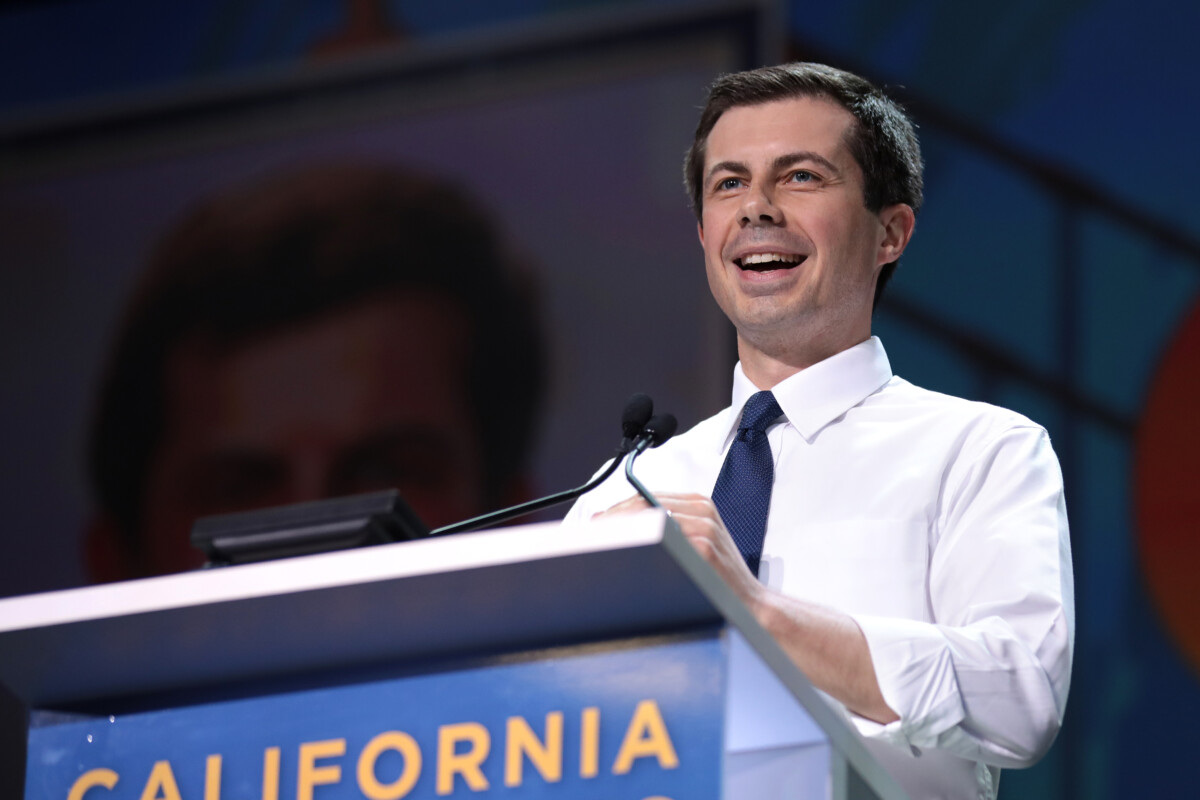
Pete Buttigieg’s 78% fame and 42% popularity mark his influence as a prominent millennial politician. Serving as the Secretary of Transportation, and former mayor, Buttigieg champions forward-thinking infrastructure innovations and inclusivity. His candid diplomacy and intellectual prowess have made waves, appealing to a broad cross-section. Buttigieg’s candidacy for the presidency demonstrated the potential impact of fresh viewpoints in political dialogues. His leadership embodies adapting systems to match evolving social and technological landscapes, aiming for collaborative yet progressive growth.
14. Al Gore
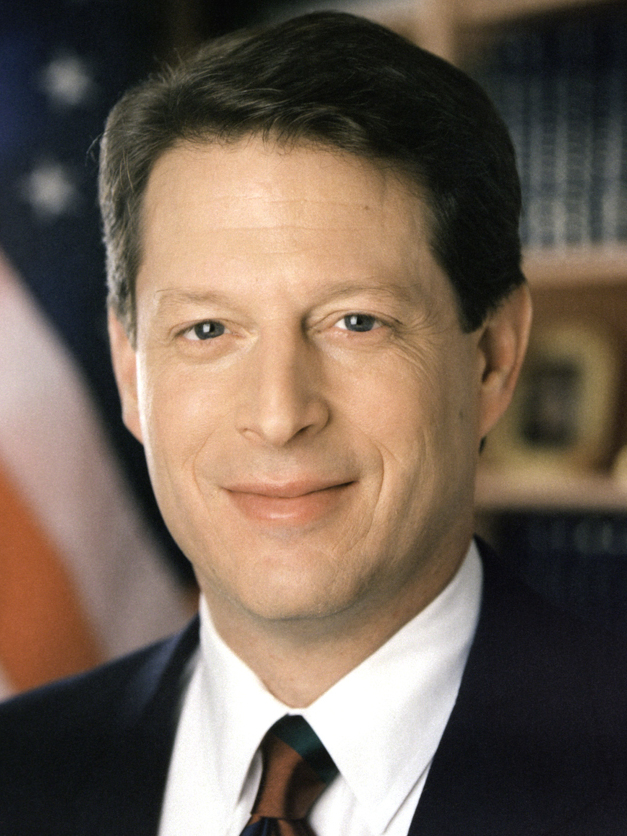
Al Gore’s contributions and his standing are validated by 91% recognition and a 41% popularity rating as a former Vice President and environmental advocate. His efforts in addressing climate change have been trailblazing, earning global acknowledgment. Gore’s motivational speeches and documentaries on environmental crises ignited awareness, drawing a blueprint for sustainable living. His articulate advocacy underscores the urgency of environmental action and sets a powerful example of how public figures can influence global conscience. Gore’s legacy is a testimony to the enduring power of advocacy in shaping policies.
15. Madeleine Albright

Madeleine Albright is remembered with 79% fame and a 41% popularity score, recognized as the first female U.S. Secretary of State. Her diplomatic achievements and efforts in international policy painted her as a pioneering figure in global affairs. Albright’s narrative exemplifies trailblazing paths for women, challenging traditional norms and opening geopolitical dialogues. Her legacy signals the importance of embracing diversity within leadership roles, encouraging women globally to pursue impactful and ambitious careers. Her dedication serves as inspiration, portraying the capacity for diplomacy to bridge disparate worlds.
In sum, these politicians have earned distinguished places in the American political psyche, each bringing unique perspectives and contributions to the national stage. Their influence is felt far beyond the electoral process, reaching into the intricacies of everyday life and inspiring future action within the political sphere.

